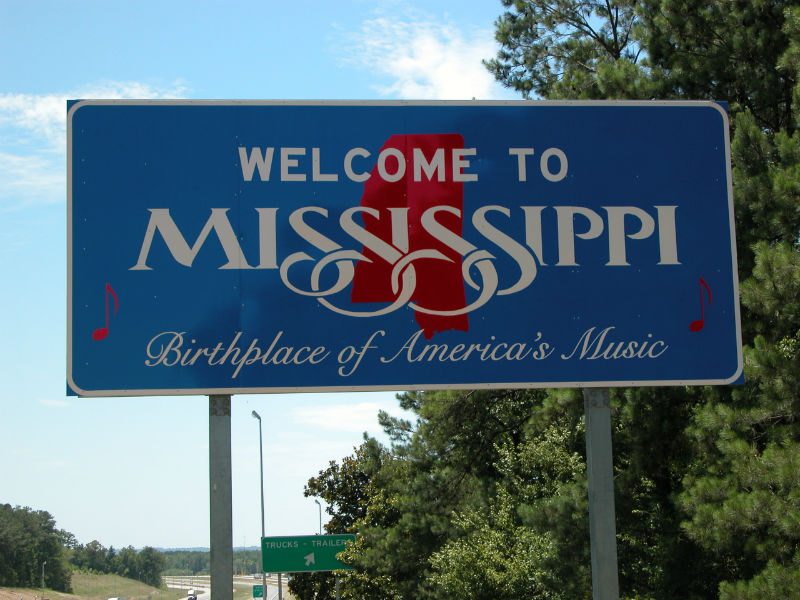The discriminatory legislation in both states has played a part in the recent plummet.
The tourism boards in Mississippi and North Carolina have revealed an increase in canceled trips to the states.
The rise in visitors canceling scheduled trips coincides with the ongoing battle between the Federal Government and states wanting to pass “religious liberty” laws.
The Mississippi Tourist Association told PR Week UK, “Our industry is made up of large and small businesses that employ over 115,000 Mississippians, each who cherish the individual freedoms that have made America great. But, with this freedom comes responsibility, and we believe that we must take the responsibility to reiterate the Mississippi Tourism Industry’s message of welcome that is the hallmark of our great state.”
Mississippi, known as the Hospitality State, passed HB 1523 which allows businesses to legally deny services to LGBT customers on the basis of “sincerely held religious beliefs or moral convictions” at the beginning of April.
The Mississippi Tourist Association has responded to the bill by “redoubling our efforts to demonstrate that Mississippi is, indeed, the Hospitality State.”
North Carolina’s tourism authority, The Economic Development Partnership of North Carolina, has also stated that they are seeing an increase in people choosing not to visit because of the state’s own “religious liberty” law, HB2.
The statement continued to say, “The Economic Development Partnership of North Carolina recognizes there are varied opinions on House Bill 2. As a private non-profit organization that operates under contract with state government, we typically do not comment on matters of public policy.”
Currently, five states and Washington DC have banned nonessential travel to both North Carolina and Mississippi. The UK Foreign Office has also issued a warning for British travelers warning that LGBT travelers could be affected by the recent legislation.
